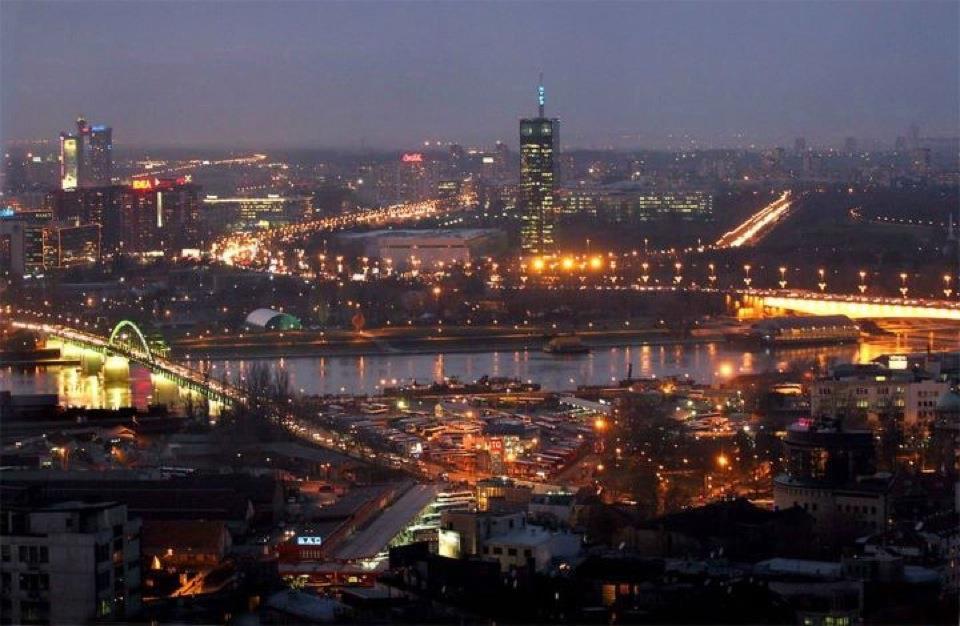
April 14, 2014, by Guest blog
The phase “Making connections” urges one over-powering thought into my mind: Erasmus
Post written by Rebecca Wright.
So far during my studies in Serbia and Croatia, and my voluntary work in Bosnia, I have made connections of all types. Connections with teachers and staff at the faculties in Belgrade and Rijeka, peace-builders and charity workers, men and woman of faith, students and young people organising events within the faculty and tourists and foreigners looking for help from someone with a little knowledge of the local lingo. To me, however, the phase “Making connections” urges one over-powering thought into my mind: Erasmus.
In Belgrade I was not studying as an Erasmus student. The University of Nottingham and the University of Belgrade have an agreement that allows students of Serbian language from Nottingham to study in Belgrade, and for some lucky years like my own, benefits such as free tuition and accommodation in student halls is provided. There is an Erasmus Student Network in Belgrade, however, and though I knew little to nothing about Erasmus before my semester in Belgrade, I left Serbia knowing my experience would have been lacking somewhat without it. The Erasmus Programme is a European student exchange programme which allows students from one country to study or take part in a work placement abroad. The Erasmus student network in Belgrade has only been running for just over a year but is already well established and organised. The idea of Erasmus within universities abroad is that there is something a foreign student to base themselves upon – the Erasmus volunteers help students to find accommodation and assist with the process of settling into a foreign country, (for example by accompanying foreign students to the police station to register), and most importantly, it helps the new students meet new people. Erasmus quickly became the base of everything I did in Belgrade. Despite not being an Erasmus student, I was not just welcomed, but encouraged, to attend welcome events and I was assigned Erasmus buddies to assist me in Belgrade. In Rijeka, as I went as an Erasmus student, I was in contact with my buddy before I even arrived in Rijeka, but otherwise have had pretty much the same experience. The main difference about the two situations is that without Erasmus, I do not know how I would have been able to meet anyone in Belgrade.
Erasmus provides the perfect opportunity to make connections. I met endless people through the programme, and these people have become very dear friends to me, a great deal of which I am sure I will be friends with for life. Studying abroad is not as challenging as making friends abroad, but I feel that in neither city I have studied in I have had to try to make friends. Erasmus consists of a wide group of friendly people who are as eager to be friend with you as you are with them, and the connections I have made through this programme between two different cities, have truly, (as cliché as it may sound), changed my life. Making connections with people abroad on a level as intimate as friendship is more than just finding someone to spend time with: it’s helping build connections in the cities that you will visit again and again, it’s making connections between your culture and the one you study, and of course, it encourages you to assemble linguistic connections as speaking the foreign language you study with friends develops language how no lesson at your home university ever could.
No comments yet, fill out a comment to be the first

 English
English
Leave a Reply